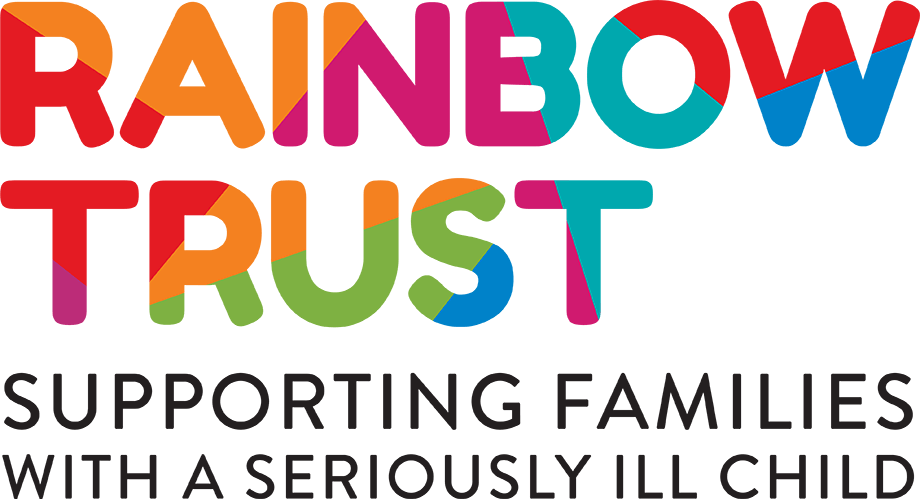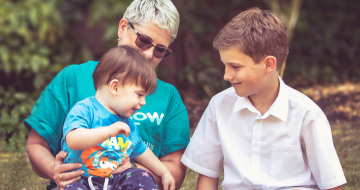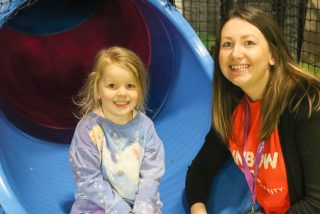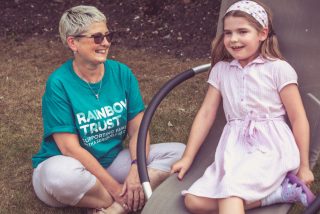Date published: 16 January 2020 by Jessica Homer
I was once asked by a concerned parent what I thought the long-term impact would be on their other children, having a brother with cancer. This was an impossible question to answer as nobody can predict the future, however, I was able to talk to them about some of the amazing young people who help their families care for their sick brothers and sisters every day. It is estimated that 700,000 children are young carers in the UK and a proportion of them are supporting a sibling with life threatening or terminal illness, or disability.
At Rainbow Trust we see first-hand some of the challenges faced by these young people. When a brother or sister receives a diagnosis, their family as they know it will be changed. Families can be separated whilst treatment is happening, frequently in hospitals far from home. Normal routines can be turned upside down and jobs and responsibilities normally carried out by adults can fall to other children in the family.
Caring can take on many forms. For younger children it might be fetching things for parents carrying out treatments at home, taking on more household tasks to keep the home running - and older children can often be doing actual caring tasks for their sibling. Having someone in the home who is very unwell has an enormous emotional impact and young carers will frequently take on the role of caring for their parents needs as well.
Caring for a sick child is time consuming and this extra pressure can mean that other children in the family spend more time alone, miss out on normal social activities and can also have their education impacted. It is estimated that, on average, young carers miss out on 48 days of school per year. Trying to explain to staff that you are late for school because your little sister has chemotherapy and the hospital transport was late would be a big ask for most Year 3 children! Or if you are invited to a friend’s birthday party but you know that Mum won’t have time to sort out a present or be able to pick you up, chances are you will leave that invitation in your book bag. These youngsters can become so attuned to not adding additional pressure on to their parents.
These are some of the difficulties faced by young carers, but this is certainly not the whole picture. I frequently observe how even the youngest of siblings show such love and care to their brothers and sisters, which then extends to the world around them. On a recent outing with other families supported by Rainbow Trust, a sibling - on some rare time out of the house and away from her very unwell brother - was more concerned for another child’s enjoyment of the event than her own. Similarly, in a home dominated by medical equipment and nursing staff two youngster’s set about making sure their brothers’ room was as eco-friendly as possible, encouraging people to recycle as they went about their jobs.
I certainly wouldn’t want to sugar coat the difficulties faced by young people who have a caring role in a family - and it is right that we do all we can to give them the time they need and not overburden them - however, to that parent who asked about the long-term impact on their child I would say that these children show great resilience, they learn to understand the needs of others and display great compassion and love.
This article was written in recognition of Young Carer’s Awareness Day on Thursday 30 January, 2020. At Rainbow Trust, we recognise that having a child with a serious or life-threatening illness can affect the entire family. Our Family Support Workers help siblings cope through one-to-one support, and sibling groups and events. Find out more about how we help siblings and young carers.



